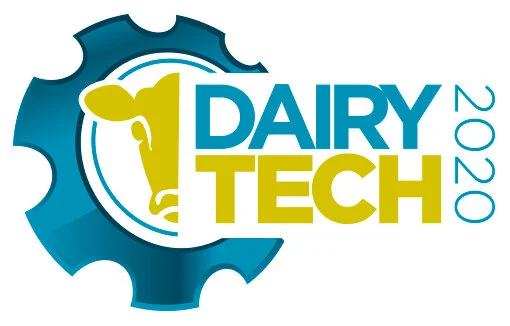What's happening at Dairy-Tech?
Changes to HMRC authentication to access Government Gateway Account and CTS
BCMS have just been alerted to the fact that HMRC have made some changes to the way that Government Gateway (GG) users authenticate. This means that if a keeper has their CTS Online enrolment on the same GG account as an HMRC service, the keeper will be asked to enter a validation code (6 digits) before they can proceed to the CTS Online service.
The validation code is being sent to a mobile number that is registered to the keeper on their HMRC account. The keeper will be shown the last four digits of the mobile number which in many cases will be theirs. However, this mobile number may be out of date or belong to a person who does the keeper’s tax on their behalf e.g. accountant or family member etc.
If so, the keeper may have to update their telephone number in their GG user profile or contact the person with access to their GG account to ask them to add their telephone number to it so they can receive the verification code. Once the verification code has been received and entered, the keeper will be able to select an option to ‘Remember me for 7 days’ during which time the keeper will not be asked for another code as long as they are using:
· the same credential
· on the same device
· on the same browser
If they don’t select this option (and every 7 days if they do) the keeper will need to enter a new verification each time they enter CTS Online via the GG.
A message to this effect has been placed on CTS Online to alert keepers. Please see this document with screen prints to explain this process more clearly.
If the event that the keeper does not recognise the telephone number(s) listed or does not receive a code, they will need to contact the BCMS Helpline. BCMS will de-enrol the keeper from the GG account and re-enrol them to a new GG account which is not linked to HMRC.
The BCMS Helpline contact details are as follows:
BCMS Helpline English - 0345 050 1234
BCMS Helpline for all cattle keepers in Wales - 0345 050 3456
Government clean air rethink vital if dairy sector is to meet emissions goals, says RABDF
RABDF responds to AHDB's proposed formation of an industry Ruminant Health & Welfare Group
RABDF has issued the following response to AHDB’s consultation on the proposed formation of an industry Ruminant Health & Welfare Group to deliver a simpler, more co-ordinated approach to tackling ruminant health and welfare across the UK. Details of the proposal can be found here.
The Royal Association of British Dairy Farmers (RABDF) is broadly supportive of the principles behind this proposal, particularly the need to achieve better outcomes for ruminant health and welfare in the UK. However, we do wonder whether these could not be achieved through the current CHAWG and SHAWG mechanisms. The new group will be very large and, in our view, pretty unwieldy and therefore much harder to reach consensus.
This is the crux of the problem in that there is insufficient detail in the proposal to explain how the new group will achieve its objectives over and above the current CHAWG and SHAWG. If given these extra responsibilities there is no reason why the current cattle and sheep groups cannot deliver specified outcomes more efficiently than the large cumbersome group proposed.
The proposed membership of the Ruminant Health and Welfare Group is too large whilst there are significant omissions such as Red Tractor and trade bodies such as Dairy UK.
It is not clear how this new “super group” will work with the various initiatives many of which are government funded nor how it will interact with the much talked about Animal Health Pathway which is an England only activity.
So, to summarise, RABDF, as a UK wide membership organisation, is pleased that AHDB are taking such a proactive approach to ruminant health and welfare but fail to see how this vastly expanded group will actually improve the situation. For example, it is difficult to see the sheep sector being interested in the CHAWG Dairy Cow Welfare Strategy, which proved so effective in the recent Food and Veterinary Office of the European Commission visit to various selected Member States, giving the UK a completely “clean bill of health”.
RABDF Responds to the National Food Strategy Call for Evidence
RABDF has submitted the following response to the National Food Strategy Call for Evidence






